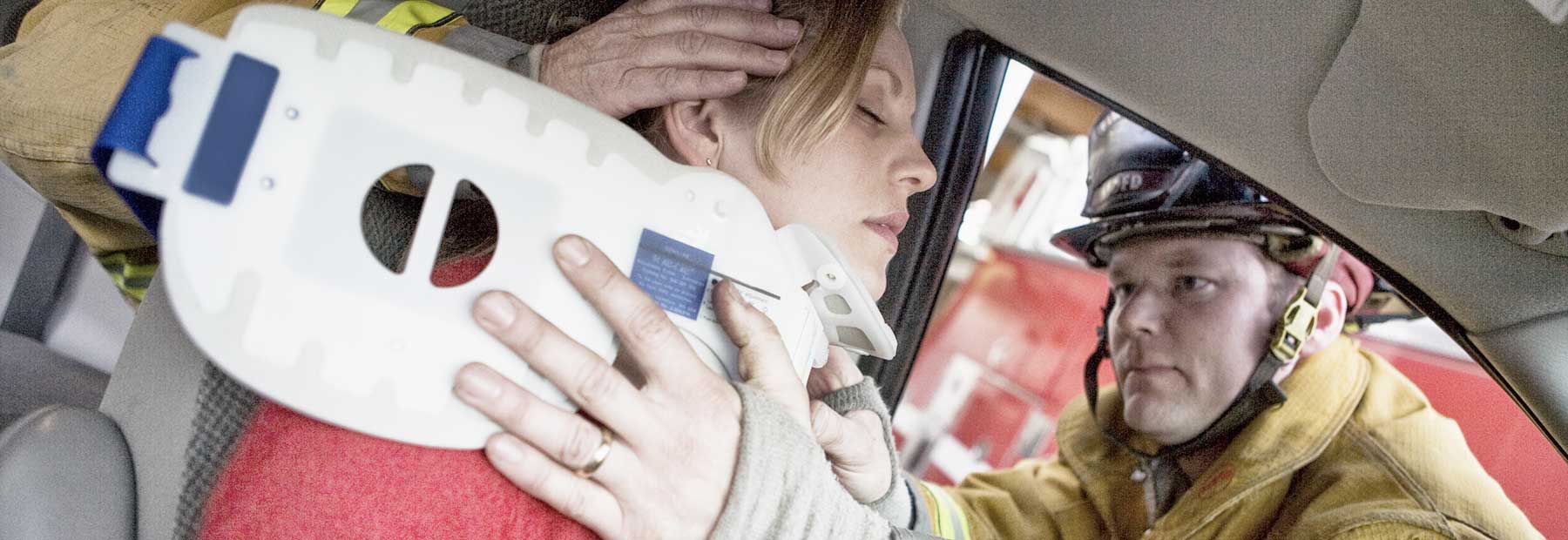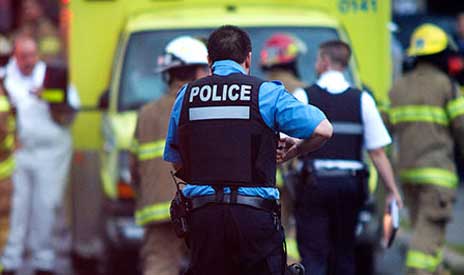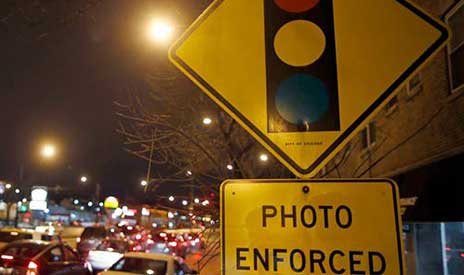Traumatic Brain Injury and Motor Vehicle Accidents
Every year, about 280,000 people are hospitalized for treatment of traumatic brain injury. This complex injury affects every individual differently. Some people may be able to recover, while others suffer lifelong disability. In severe cases, a TBI may be fatal.
Causes of TBI include a sudden blow to the head, an object piercing the skull, or an abrupt and severe change in momentum that causes the brain to hit the inside of the skull. According to the American Association of Neurological Surgeons, between 50 and 70 percent of traumatic brain injuries are due to motor vehicle crashes.
Sometimes, a TBI may not be immediately evident. A person involved in a car crash may feel fine, but later experience problems such as confusion, lethargy, or blurred vision – all possible signs of a head injury.
If you’ve suffered a head injury in a car accident, it’s important to get a thorough medical evaluation. Even if your head injury seems minor, a TBI may cause lingering symptoms that interfere with your quality of life.
Bley & Evans represents personal injury victims in and around Columbia, helping them get the compensation they need to cover their medical care, lost wages and pain and suffering. Call us today to ask for your free consultation: 844-443-8385.
Types of TBI Injuries
There are many different types of TBI that are associated with car accidents, including:
- Diffuse axonal injury – The same forces that cause whiplash in a car accident can cause diffuse axonal injury to the brain. This type of injury is difficult to treat, because instead of one localized injury, the brain exhibits widespread tearing of nerve tissue. As a result, the brain may not be able to function on its own, and coma or death may occur.
- Concussion – Concussion is the most common TBI. It is similar to, but less severe than, diffuse axonal injury, in that it can damage nerves. People may suffer a concussion without losing consciousness. They may exhibit behaviors such as confusion and moodiness, with symptoms worsening over time.
- Contusion – Caused by a direct blow to the head, contusion is another name for a bruise. When a contusion occurs in the brain, surgery may be required to alleviate pressure on the brain.
- Open head injury – Open head injuries include several types of skull fractures, which may damage nerves and blood vessels.
- Closed head injury – A closed head injury is a term that encompasses all TBIs in which the brain is injured, but the skull is intact. In such injuries, the brain may swell and compress nerves and brain tissue, causing further brain damage.
Outcomes for TBI Patients
The National Institute of Neurological Disorders and Stroke says that about half of TBI patients admitted to hospitals require surgery to remove or repair ruptured blood vessels or bruised brain tissue. A post-surgical stay in an intensive care unit is usually required.
Some mild TBIs may resolve on their own, without the need for surgery.
In cases of moderate TBI, about 60 percent of patients recover, and 25 percent have a lingering disability. Between 7 and 10 percent of moderate TBI cases result in death or persistent vegetative state, and 2 to 5 percent of patients suffer a severe disability.
When the brain suffers a severe injury, it may be unable to perform basic functions, such as sending signals to the lungs to breathe, or regulating blood pressure. Patients with a severe TBI may need the assistance of breathing machines and other equipment that supports essential organs and systems.
A serious TBI may leave a person unable to care for himself. Round-the-clock medical care may be required, so some TBI victims must be moved to a long-term care facility. Families often struggle with the costs of long-term care, especially when their family member suffers a disabling TBI at a young age.
Young People at Risk
According to Claims Journal, of the 55,000 teenage drivers and their passengers who suffered serious car crash injuries in 2009 and 2010, approximately 30 percent suffered acute head injures, including TBIs. Those findings were included in a report from the Center for Injury Research and Prevention at The Children’s Hospital of Philadelphia. The report’s author said that full recovery from TBI is often “not achievable,” and teens and their families may therefore suffer a “significant life-long impact.”
Help for Victims and Families
The long-term cost of treatment and rehabilitation for TBI injuries is more than most families can afford. Even with health insurance, costs for medical care can quickly exhaust a family’s savings.
If you or your loved one has suffered a TBI in a vehicle crash and believe another driver was at fault in the accident, you may have legal grounds for a personal injury case. Request your free, no-obligation consultation today – call the office of Bley & Evans, at 844-443-8385, or fill out our online form.
















